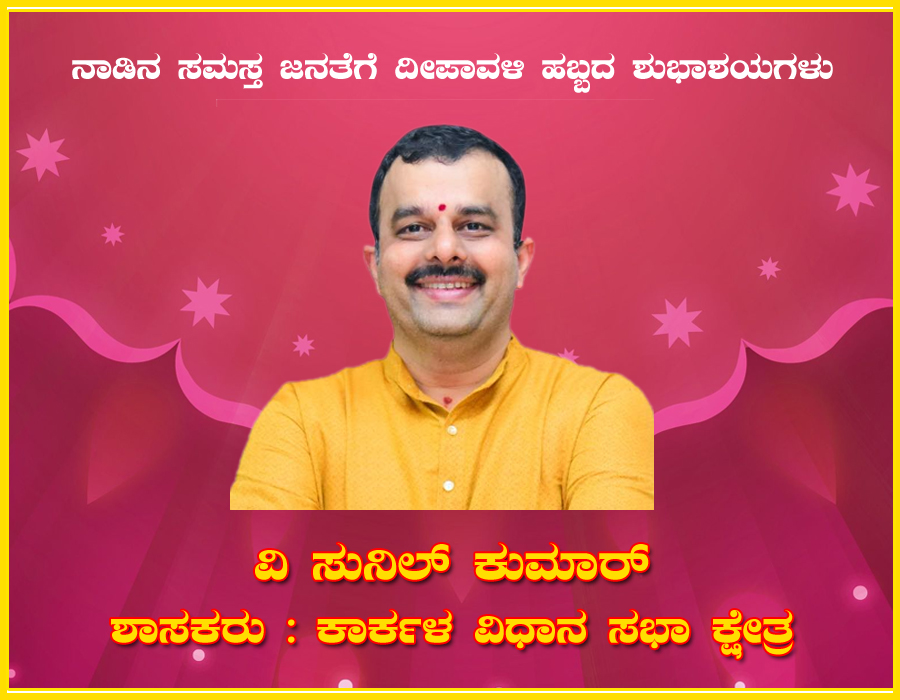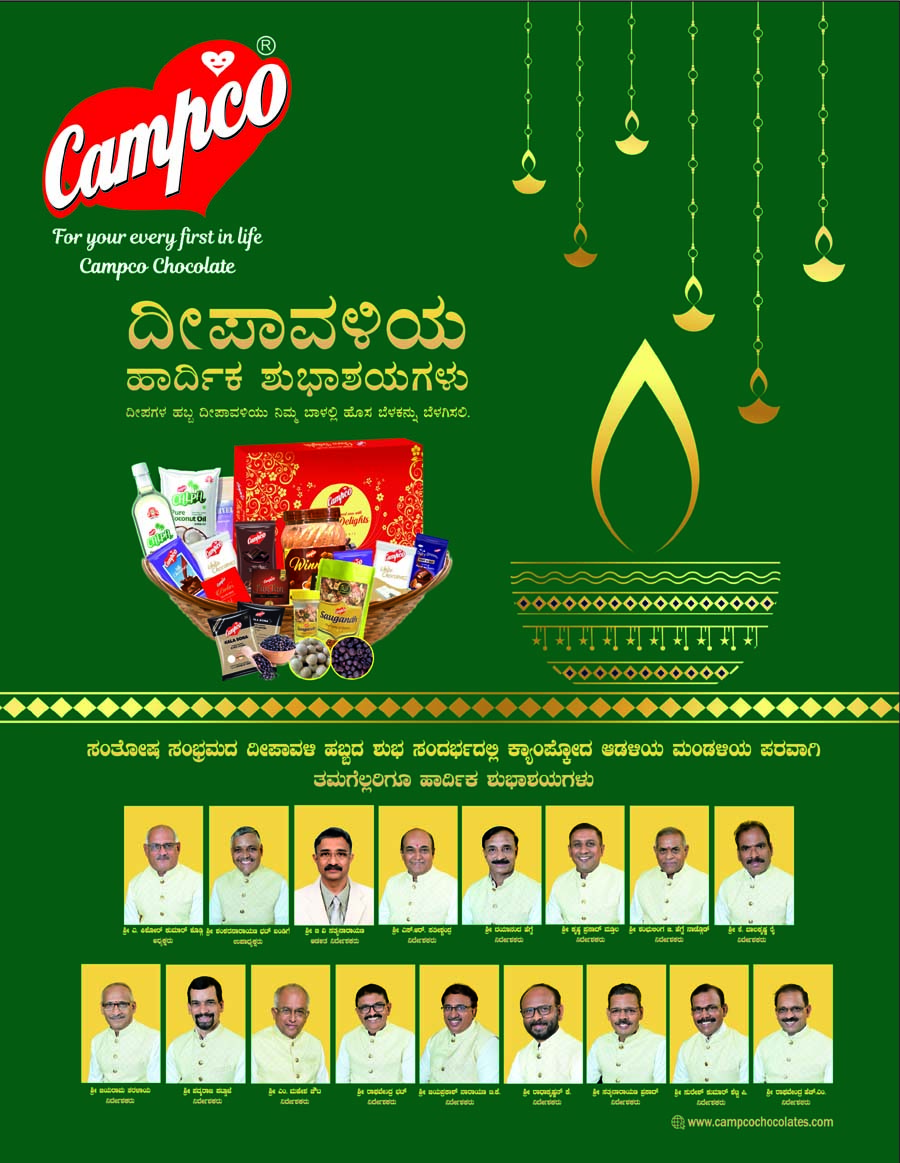Idea of vikas not selling, so politics of diversion
12:24 PM, Friday, January 5th, 2018 Mangaluru: When the Congress government took charge of the state four years ago, then home minister K J George had assured the people that he would free the coastal areas from the menace of moral policing. But “moral policing”, or “immoral rowdyism” as the police term it, has refused to go away.
Mangaluru: When the Congress government took charge of the state four years ago, then home minister K J George had assured the people that he would free the coastal areas from the menace of moral policing. But “moral policing”, or “immoral rowdyism” as the police term it, has refused to go away.
With the state closer to elections, the coastal district has again become communally sensitive with incidents of moral policing on the rise. A political scientist and a social scientist attribute it to ‘politics of diversion’ — divert attention from real issues to gain political mileage.
Social scientist Willy D’Silva says this is clearly a precursor to elections to create a wave away from the idea of ‘vikas’. “The sovereignty of the citizen has been taken away by religious transference of the people of India being substituted by religious symbols. Once you enter that state of mind, you are in a position of being exploited, as Indians have deep-rooted biases that can be exploited,” says D’Silva.
He adds that at the political level, vikas is not selling and the central government, with its economic policies, has been unable to generate enough employment. “How do you redeem yourself in this scenario? By pitting community against community and letting loose foot soldiers – some are ‘goondas with a party’ and the others are ‘goondas with ideology of religion’,” observes D’Silva.
Giving an example, he said during his recent visit to Gujarat during the elections, he found the BJP threatening people during door-to-door visits to vote for the party or be prepared for the consequences.
D’Silva also slammed the current phase of development, which was enriching only the rich. “After demonetization, the government has absolute control over your money. What is in the hands of the people is real money and what the government talks about is abstract money. When you control money with numbers, nothing can be more dangerous. It is like Nazi control over people’s sentiments,” he said.
P L Dharma, director, PG Centre, Chikkalavara, Kodagu, says politicians, irrespective of party affiliation, are preparing the ground. “Earlier, they used to give political education and prepare the ground for polls by highlighting programmes of the party, its history etc. Now, it is through violence.
They believe that through this method, affiliation will increase in this type of ground preparation. It is a wrong calculation,” he asserts. “In Dakshina Kannada, it is unfortunate that we have entered another phase of blame politics. It’s an easy escapism policy from mistakes and not a good political culture.”
Simillar Posts
Warning: count(): Parameter must be an array or an object that implements Countable in /home/megamcaq/public_html/wp-content/plugins/post-plugin-library/common_functions.php on line 357
- None Found
Leave a Reply
© Copyright 2008 www.megamedianews.com All Rights Reserved. Privacy Policy








 Posted in
Posted in  Tags:
Tags: 






